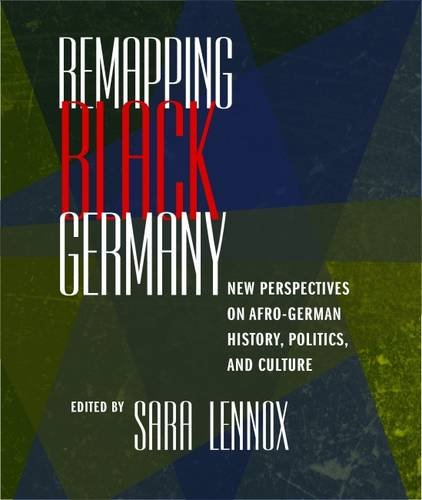From ADEFRA to Black Lives Matter: Black Women’s Activism in Germany
Black Perspectives
2017-07-05
Tiffany Florvil, Assistant Professor of History
University of New Mexico
On Saturday, June 24, 2017 at 4:30pm, a Black Lives Matter (BLM) protest took place in Berlin, Germany with thousands of people expressing solidarity and promoting awareness of racial injustice. The event built from the momentum of two BLM marches that occurred last summer. Initially meeting at the 2016 BLM marches, Mic Oala, Shaheen Wacker, Nela Biedermann, Josephine Apraku, Jacqueline Mayen, and Kristin Lein remained in contact and eventually established a Berlin-based multicultural German feminist collective. With their new group and local connections, they planned the 2017 demonstration as a part of a month-long series of events, which included film screenings, poetry readings, workshops, exhibitions, and more.
Taken together, these events highlight the diversity of Black protest and activism within the German context. Using these events, especially the protest, the organizers publicly drew attention to instances of racism and oppression and attempted to gain visibility for Black people in Germany and beyond. The different events as well as the BLM Movement in Berlin represent the conscious efforts of these feminist and anti-racist activists to not only engage in practices of resistance, but to create and own spaces of resistance, solidarity, and recognition within a majority white society. In this way, they demand their “right to the city” and continue to make Germany a critical site for blackness and the African diaspora.
…[Audre] Lorde was a visiting professor teaching courses at the Free University of Berlin (FUB) in 1984, which a few of these women attended. Black German women also cultivated connections to her outside of the classroom. Lorde emboldened Black German women to write their stories and produce and disseminate knowledge about their experiences as women of the African diaspora in Germany. Inspired, Oguntoye, Ayim, and Dagmar Schultz, a white German feminist, produced the volume Farbe bekennen: Afro-deutsche Frauen auf den Spuren ihrer Geschichte in 1986 (later published in 1992 as Showing our Colors: Afro-German Women Speak Out). The volume helped Black German women and men connect and socialize with one another and forge a dynamic diasporic community after years of isolation in predominantly white settings…
Read the entire article here.



